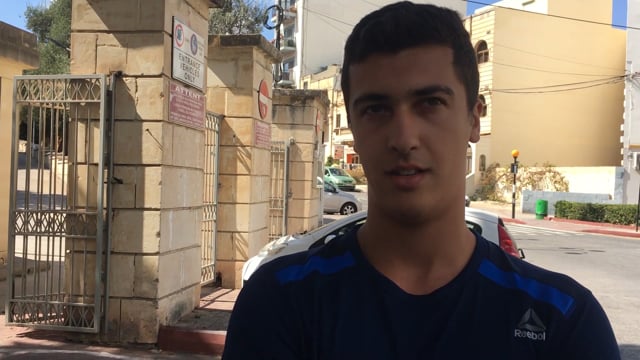[WATCH] Young new voters ready to set their own priorities
Students who will be voting for the first time during next year’s MEP elections tell MaltaToday that despite their young age they are aware of the responsibility this brings with it


Students at the Junior College will have one more responsibility on their hands in the next academic year as they will form part of the first generation of 16-year-olds with a right to vote in national elections.
In seven months' time, Malta will elect its MEPs and 16-year-olds will be able to vote in the first national election since the law was amended earlier this year. The voting age had been lowered to 16 for local elections that were held in 2015.
Parliament unanimously voted to lower the voting age to 16 in March this year, making it possible for young people to elect their MPs and MEPs.
MaltaToday headed to the Junior College on Monday, the first day of the new academic year, to ask students what they thought of this new responsibility.
The students who spoke to us said voting would be an opportunity for them to have a say in the management of their future.
“Youths are willing to participate in our country’s political decisions, that is why I believe that the lowering of the voting age is a beneficial decision,” student council secretary general Leah Vella said.
One student pointed out that a lot of young people were already involved in political student organisations like Pulse and SDM, meaning the leap to the next step was not as far as some may perceive.
“Why shouldn’t students and young people who are already contributing to the country not have a say in who leads it?” he said.
Despite the criticism on handing the vote to young people at such a delicate age, the students said they were prepared to make an informed choice.
Asked whether their vote would be influenced by their parent’s political views, the students did not deny that some would but all agreed that granting them the vote would enable them to start looking at things from a different perspective.
“If the mentality in Malta is like that, it is our responsibility as the new generation of voters to change the pattern,” a student said.
“What may be of importance to my parents, may not be important to me. That is why we have to make our own decisions,” another student added.


.png)

.png)



.jpg)




.jpg)






.png)

